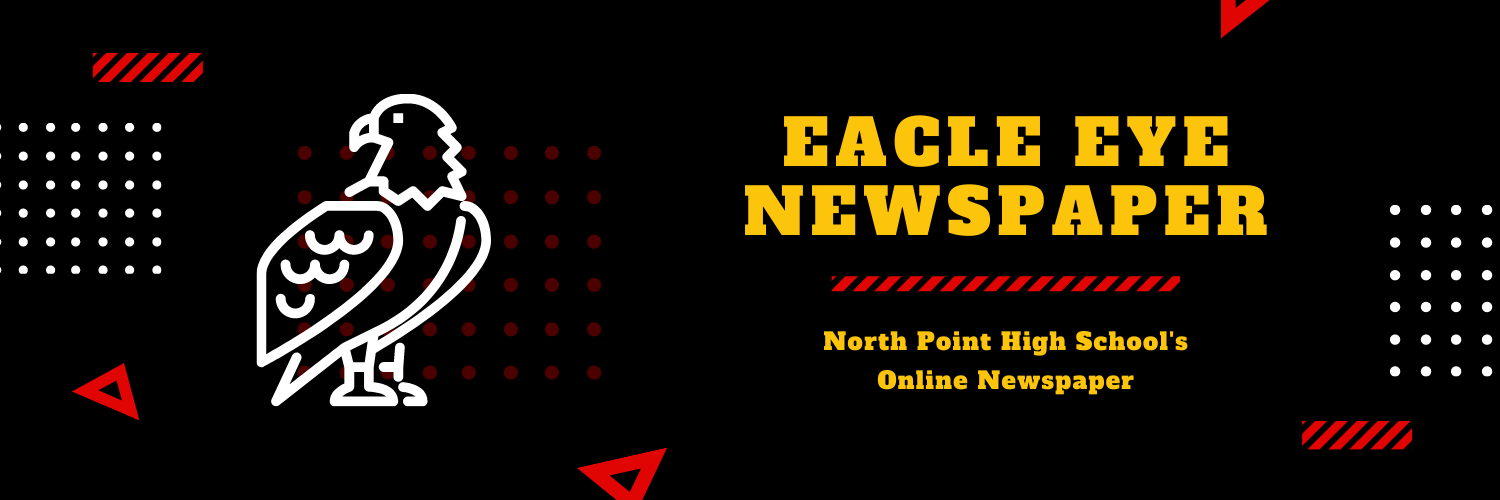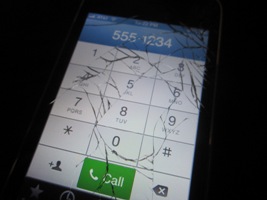Soon, it seems that the term smart phone will become obsolete, because every phone will be smart. Users have the ability to send off rapid-fire text messages, peek into other peoples’ lunches and late nights via Instagram, play captivating games of Fruit Ninja, keep tabs on old friends on Facebook, and so very much more. But something is missing from this equation – the actual act of using a cell phone as a phone.
What was once the most convenient method of communication for people of all ages and backgrounds has been washed away by the tide of newfangled technology. For many teens, the act of calling another person is too time-consuming. It requires greetings and small talk before reaching the real reason for the phone call. On the other hand, via text, Facebook message, or tweet, the point is immediate. The sender has time to compose (and re-compose) a message and the other party can think over a response before sending it, be it a few seconds or a few hours later. In short, the phone call’s convenience has been eclipsed. Research proves this conclusion. According to the Pew Research Center, in 2011, 63 percent of teens texted daily. The number that made phone calls daily? 39 percent.
The lightning-fast pace of technology in this day and age is proven by the fact that the phone call was dominant as recent as the past decade. “When I first got my phone, we didn’t have texts,” said Mr. DeCook, a relatively young AP Calculus and Algebra teacher. “It wasn’t even a flip phone,” he recalls, laughing. Back then, calling was the only option. But now, DeCook notes, “I feel like people wouldn’t miss [calling].” He notes that the popularity of face-to-face communication via Skype, OoVoo, and FaceTime allows people to skip calling, but retain a sense of personal connection with people near and far.
“I do text a lot more than I call people. When I’m multitasking, I don’t have to always be talking and it’s easier to think of something to say,” said Becky McCord (’15). “Everybody’s usually able to text, but not everyone can always take a phone call.”
The future of cell-phone use remains to be seen. Will the concept of minutes be phased out in favor of stronger data plans to support all of the uploading, messaging, and loading? Will there be a backlash to the decreasing amount of vocal communication? Or will anyone even notice as the phone call quietly fades away?



